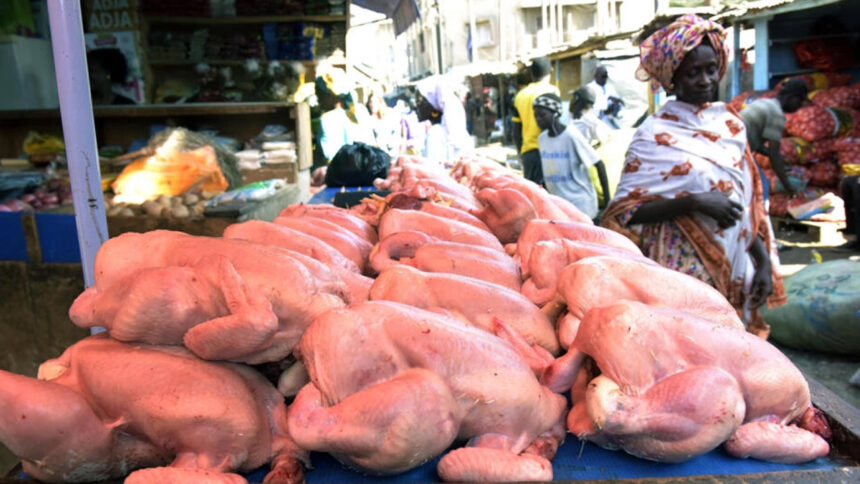Since the election of President Bassirou Diomaye Faye in March 2024, Senegalese citizens have eagerly anticipated a reduction in the prices of essential goods, as costs have steadily risen in recent months. In his national address, the president pledged to introduce initial measures to alleviate the cost of living by May 15th. However, the government’s room for maneuvering to lower prices is constrained.
One potential avenue to reduce prices of staple goods such as rice, oil, flour, and bread is for the government to waive a portion of the value-added tax (VAT) applied to these products. Without this 18% fiscal levy, prices would see an immediate decline. Yet, ensuring that vendors pass on these savings and do not exploit them to bolster profit margins presents a significant challenge, resulting in substantial revenue loss for the state.
Temporary Measures
Another viable option is to establish regulated prices on select products—negotiated with traders—that do not exceed a specified threshold. However, enforcing such a decision poses a formidable obstacle.
Regardless of the approach, any intervention can only offer temporary relief. Ultimately, to sustainably lower prices, Senegal must reduce its reliance on imports. As long as the country fails to produce enough food domestically, controlling prices of imported goods subject to global market fluctuations remains exceedingly challenging.
In the face of economic pressures, Senegal grapples with the complex task of balancing short-term alleviation measures with the imperative of fostering self-sufficiency to secure long-term stability in food prices.







